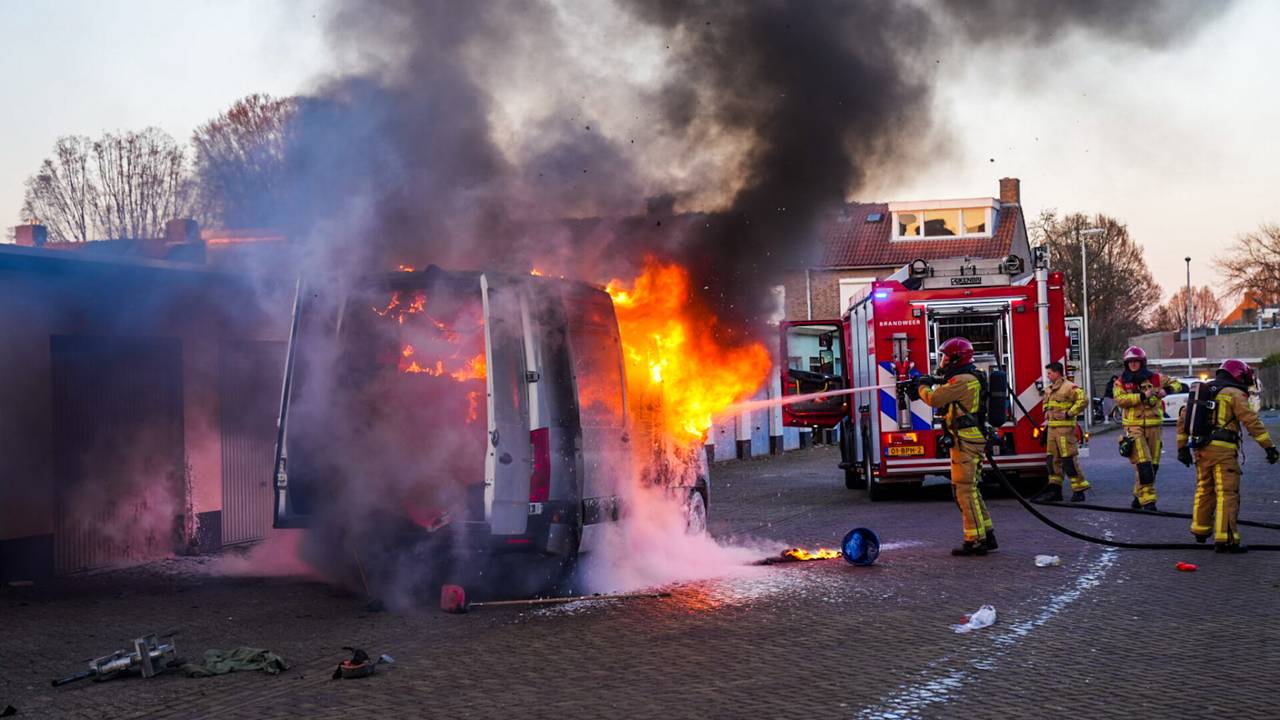NOS News•
Three days after the presidential election in Nigeria, the unrest about its conduct is growing. The two largest opposition parties are calling for new elections, while there are no official results yet.
According to the PDP and Labor Party, the election was marked by widespread violence, voter intimidation and fraud. They speak of an affront to democracy. The president of the Nigerian electoral college should resign according to the parties; they consider all results reported by that college (INEC) to be illegal.
The mistrust is fueled by delays in uploading results from the constituencies. That has not yet happened in many places. European Union election observers say there were indeed problems and they are concerned about the consequences.
Instances of violence
In statements, both EU and African Union observers say nothing about large-scale violence. The African Union speaks of isolated incidents of violence. It was quiet at 95 percent of the polling stations visited by their observers.
Shortly after the polls, observers said the elections had generally passed off peacefully. They did report incidents across the country, including long waiting times at polling stations and theft of ballot papers. EU observers also said that voting procedures were not always followed.
Government party in the lead
So far, the votes have been counted in about half of the provinces. The candidate of ruling party APC, Bola Ahmed Tinubu, is in the lead in the results. The leader of the PDP is second to Peter Obi of the Labor Party. It can mainly count on the support of young people.
Tinubu’s APC has called on the opposition to resign themselves to defeat and not create a stir. But those parties do not seem to be planning to give up the fight.
Nigeria is Africa’s largest economy and has a population of 220 million, more than any other country on the continent. The country has been governed democratically since the end of the military dictatorship in 1999.
Some 87 million Nigerians were allowed to participate in Saturday’s elections. Although the country has economic growth, it also has major problems such as high unemployment, corruption, crime and shortages of energy and cash.
Incumbent president Buhari (80), who has now served two terms, was no longer eligible for election.


